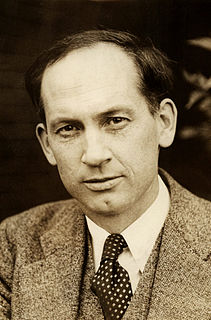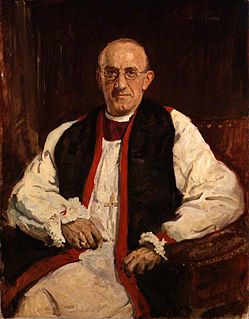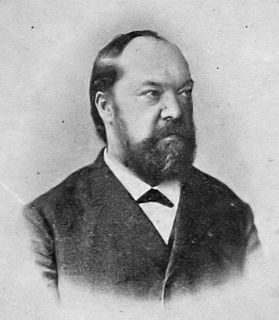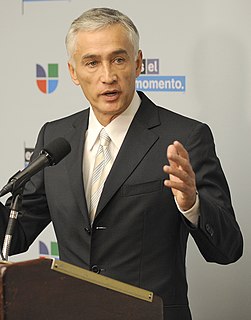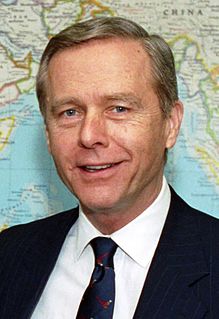A Quote by Harold Innis
The full impact of printing did not become possible until the adoption of the Bill of Rights in the United States with its guarantee of freedom of the press. A guarantee of freedom of the press in print was intended to further sanctify the printed word and to provide a rigid bulwark for the shelter of vested interests.
Related Quotes
I recognize the need to provide the press - and, through you, the American people - with information to the fullest extent possible. In our democracy, the work of the Pentagon press corps is important, defending our freedom and way of life is what this conflict is about, and that certainly includes freedom of the press.
Churchmen are quick to defend religious freedom; lawyers were never so universally aroused as by President Roosevelt's Court bill; newspapers are most alert to civil liberties when there is a hint of press censorship in the air. And educators become perturbed at every effort to curb academic freedom. But too seldom do all of these become militant when ostensibly the rights of only one group are threatened. They do not always react to the truism that when the rights of any individual or group are chipped away, the freedom of all erodes.
What is the use of freedom of the press if the government is in possession of all the printing presses, what does freedom of assembly avail if all the meeting places belong to the government? In a society in which there is no more personal and economic freedom, even the freest form of the state cannot make political independence possible.
I think that it's very important to have the United States' engagement in many situations we have around the world, be it in Syria, be it in the African context. The United States represents an important set of values, human rights, values related to freedom, to democracy. And so the foreign policy engagement of the United States is a very important guarantee that those values can be properly pursued.
